How To Start A Profitable Melon (Egusi) Farming Business In Nigeria
Do you want to know How To Start A Profitable Melon (Egusi) Farming Business In Nigeria? Wondering how to start? Here is a Complete Guide On How To Start A Melon (Egusi) Farming Business In Nigeria Below
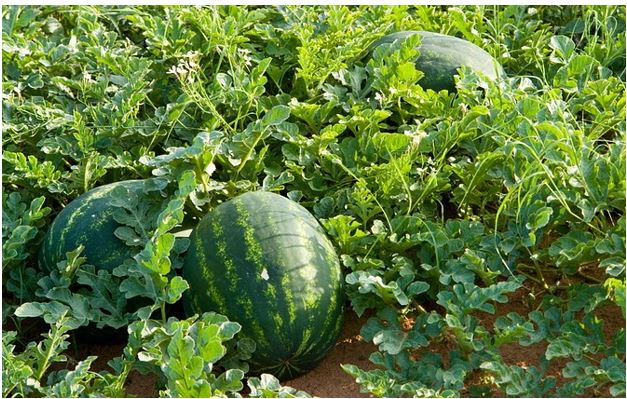
Melon farming business is a very lucrative business that anyone interested in earning financial freedom should engage in. Unfortunately, little concentration is given to this kind of farming. The hype is centered on watermelon farming which is less consumed when compared with egusi.
Most people that are into melon farming do that for personal use. When you compare our population then you can count the number of persons who are into melon farming for business. You can agree with me it is only but a handful.
Melon (wild watermelon) is called different name by different tribes. The yorubas calls them elegusi, Igbo egusi, Ibibio Ikon, Ishan Ikpogi Hausas gushi but egusi seems to have been adopted and is currently the most recognised name for melon. In this post, I shall be interchanging egusi with melon.
How To Start A Profitable Melon (Egusi) Farming Business In Nigeria
Egusi (melom)
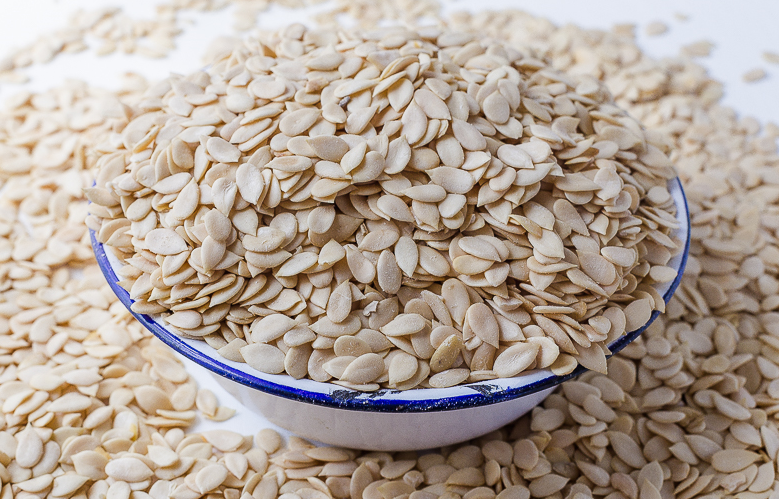
Egusi seeds are seeds which are gotten from melon pods when planted. It is mostly used in preparing ‘the popular melon soup’. This soup is widely eaten all over Nigeria and beyond. And also in thickening of other soup such afang, oha soup etc.
In a place like Akwa Ibom/Cross River States, egusi seed is used in the preparation of cake.
This is an amazing snack which is mostly served during a traditional marriage. In place of using flour for cake in TM melon cake is rather used. Some people still go ahead to bake them for sale.
LET’S DO A LITTLE COMPARISON
Melon and watermelon are from the same from the same family. While watermelon is consumed as fruit, egusi is used for soup and cake. Many people are of the opinion that watermelon farming is more profitable than melon. The reason being that one watermelon bad can be sold between #200-#1000 depending on the size.
I beg to disagree with this because watermelon cannot be stored or preserved longer than 3 months: Whereas egusi seeds can last for more than a year when completely dried. And can be sold or resold during off peak period (March to May) for more profit.
Egusi is more sustainable than watermelon because of their high demand. Both the rich and the poor buy it costly or not.
MELON FARMING IN NIGERIA
Melon is planted the same way other crops like maize, okra and watermelon are planted in Nigeria. Egusi can be planted in nursery but is more preferable to plant them directly to the field because of their fragile nature. Any injury made on it can cause sudden shock which may result in death or delay in growth.
In this post we shall be looking at when to plant, the type of soil to use, spacing, pest/disease control, maturity, harvest and marketability.
LAND PREPARATION
Chose a suitable site, get the land ready by clearing and tilling the soil. Make ridges and beds especially if the land is hard. Places like South south may not need beds because the land is already arable.
The best soil to use is sandy-loam or slightly clayey soil rich in organic matters. You can dress the land with manure 2 weeks before planting if there is need for it.
Do not plant them on waterlog area because they won’t survive. Treat the soil with pesticide 2 days before planting. Egusi plant will do well in a PH of 6.0-7.0.
HOW TO PLANT MELON
Egusi seed is planted with the shell, drop 2-3 seeds into a hole of 2cm deep and cover lightly with soil. Space them 2m by 2m. Melon can be inter-planted with cassava. When doing that plant the cassava first so as to avoid over-crowding.
CAUTION
Do not leave any egusi seed on the farm nor expose them in any way. This is because it can easily attract rodents, birds and reptiles into the farm. This in turn can dig up and eat the planted seeds.
Watermelon should not be cultivated with melon in the same place.
This is because they belong to the same family. And can cross pollinate resulting in bitter watermelon.
Plant egusi during the early rains before heavy rainfall, from March-May this is because melon plant does not need too much water.
Melon should be planted in an open field and not in a canopy.
Use only dried and matured seeds for planting, there is no need to soak them in water overnight for quick germination. This is because melon seed germinates quickly on its own 3-4 days.
Thin your crop after 10 days of germination. Transfer seedlings to the main field if you are using nursery after 10 days of germination.
PEST/DISEASES
Common pests that affect melon plants are whiteflies, mites, fruit flies etc. The common diseases are mosaic – a virus disease that affects melon plants by causing stunted growth.
Others are aphids, fusarium etc. Uproot affected plants, practice crop rotation. Apply insecticides and pesticides. You can use neem oil or water.
In all melon plants are very resilient and care surpress diseases and pest manifestations.
MANURE APPLICATION/WEEDING
Apply fertilizer in every stage of their development such as; germination, sprouting, flowering and fruiting because melon are heavy eaters. If possible use animal dung but if you are using inorganic then go for NPK 15 15 15 and urea.
Melon plant grows and cover the soil in such a way that weeds are controlled. However, you have to watch out for early weeds and clear them immediately for optimum yield.
IRRIGATION/MULCHING
Melon do not require much water nevertheless irrigate melon plant when there is shortage of rain or when there is drought.
Mulch your egusi plant with compost especially when the crops are sprouting.
HARVESTING
Melon matures within 4 months after planting. You have to allow the seeds to be fully matured before picking them. They are not like watermelon whereby if you don’t pick them quick the crack.
Harvest melon gourds by hand picking them when the tendril holding them dries off and become brownish or separate from the parent plants on its own.
Assemble them in one place to soften; you can hasten it by cutting the body of the gourds with knife leave for few days 4-5. Remove the seeds from the pod and put them in a big bowl. Use clean water to wash them, many times over until they are clean.
The cleaning should be done far away from where people are because it has a very pungnant smell.
DRYING/STORAGE OF MELON SEEDS
Spread drying materials in an open place under the sun. And pour the melon seeds on them to dry. Pack them at the end of the day to avoid moisture coming on it. Repeat same for about a week under intensive sunlight and turn the seeds at every interval for uniform drying.
If melon seed is not well dried, they will germinate. This will result to a loss as nobody will be willing to buy melon seeds with cotyledon. This kind of egusi when used in cooking will be bitter.
After completely drying them, you put them in an airtight container and keep in a dry place. This way it can last for several months even more than a year in the storage.
PROFITABILITY IN MELON FARMING
It is highly profitable. Let’s look at it this way. You need just a seed to produce about 5 pods or more which in turn will produce hundreds/thousands of seeds that will be sold for good money.
If you have egusi peeling machine, peel and sell directly to retailers. You can imagine how much money you would be realising every year.
MARKETABILITY
Sell the cleaned dried melon seeds to market men and women. You either bag them for sell or use mudu to measure. Buyers are always on the line to buy egusi seeds.
You can transport them to other States or locality that have shortage of the seeds and sell them there after making arrangements.
For more profit you can sell them in wholesale prices to retailers other than the farm gate price.
WHY YOU SHOULD GO INTO MELON FARMING
It is very straight forward, there is nothing complex about it. You can easily manage the farm. And it does not require too much training before starting.
Melon farming is very profitable especially if you are doing egusi storage business, which you can sell during off peak period.
They risk in this kind of farming is minimal. Besides, egusi seed is highly demanded as such you will always sell whenever you are ready to.
The amount needed to start melon farming is low. Apart from fixed capitals such as land etc. You can comfortably cultivate a hectare with less than #100, 000.
RISK ASSOCIATED WITH MELON FARMING
Erosion menace which can be controlled to some extent by creating drainage except during serious devastation.
Pest/diseases infestation, that’s why you need to buy down some chemicals for control.
CONCLUSION
Melon farming is very easy to start and establish. The profit in it is huge, many other businesses are curved out from the cultivation. Such as; melon storage business, melon distribution business, food business and exportation business.
MELON STORAGE BUSINESS
This is a smart business anybody can do whether you have certificate or not. There is no limit to the number of bags you can buy and store, it can be one, 100, 1000 etc.
Last few months a bag of unpeeled melon was sold at #65,000. Imagine you bought them when the price was #20,000 per bag. This is an easy way to become a millionaire.
There is no fix time when you should resell the melon, a month after, 3 months or 6 but the longer the more the gains you make. Melon is very costly during its planting season.
Current price of egusi
Melon now is #35,000 for 100kg bag containing 100 mudus. Buyers who want to buy and store or want to buy and sell out-rightly can so. But from January don’t buy and store anymore instead warm up to sell the ones you stored.
For your contributions and questions on melon (egusi) farming business in Nigeria, kindly make use of the comment box provided below for you. THANKS
We Believe This Article Was Helpful, Don’t Hesitate To Share This Information With Your Friends On Facebook, Twitter, Whatsapp and Google plus.
Copyright Warning: Contents on this website may not be republished, reproduced, redistributed either in whole or in part without due permission or acknowledgement. All contents are protected by DMCA.
The content on this site is posted with good intentions. If you own this content & believe your copyright was violated or infringed, make sure you contact us via This Means to file a complaint & actions will be taken immediately.
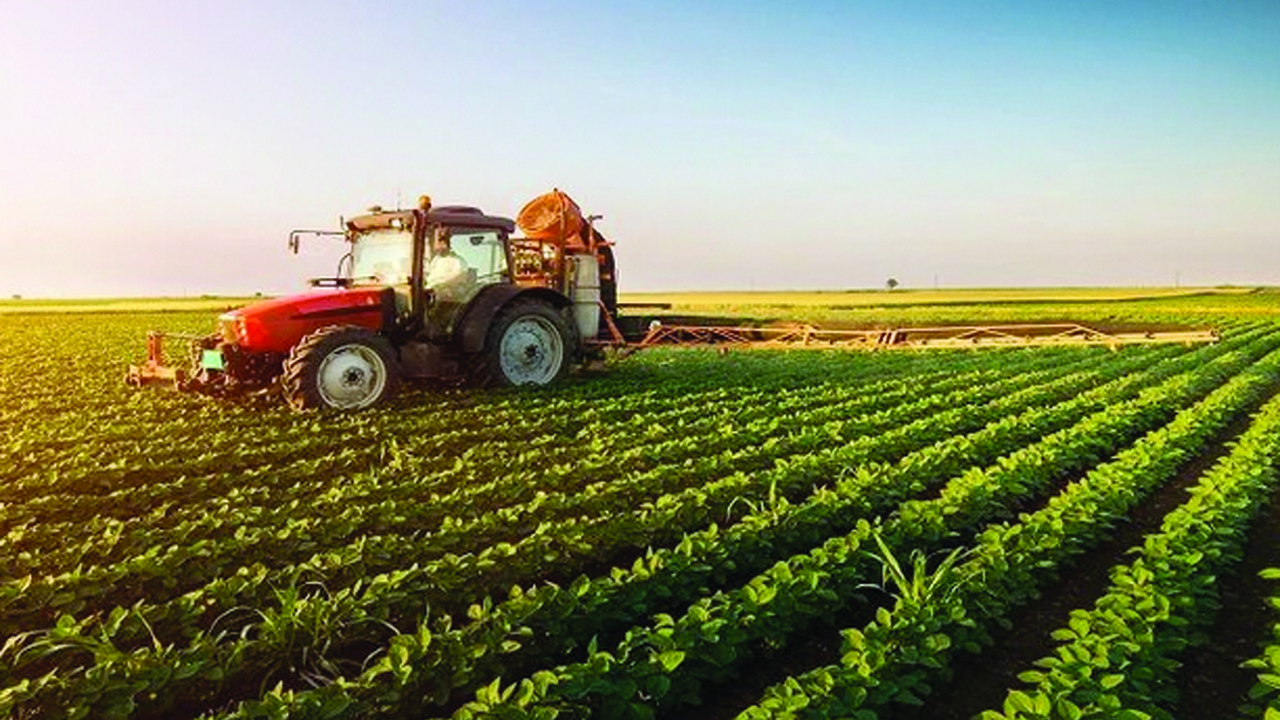
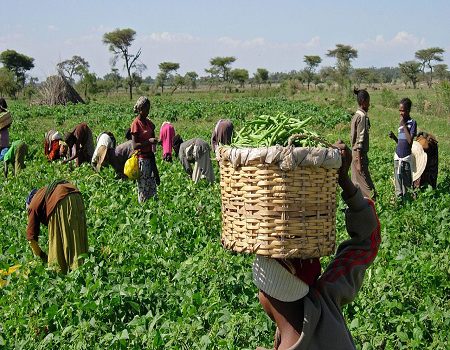
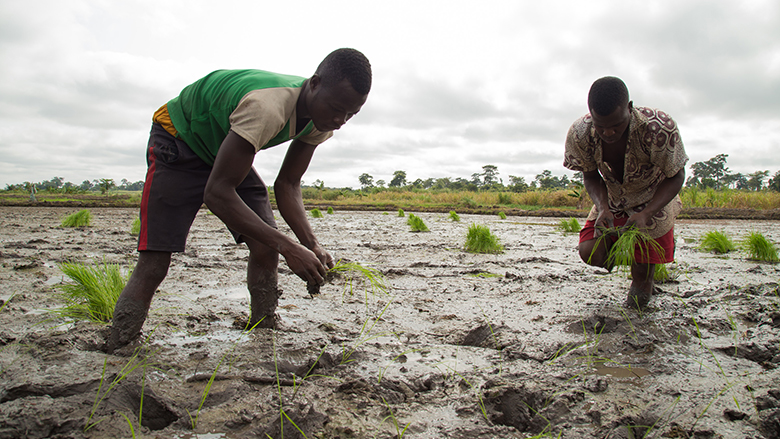
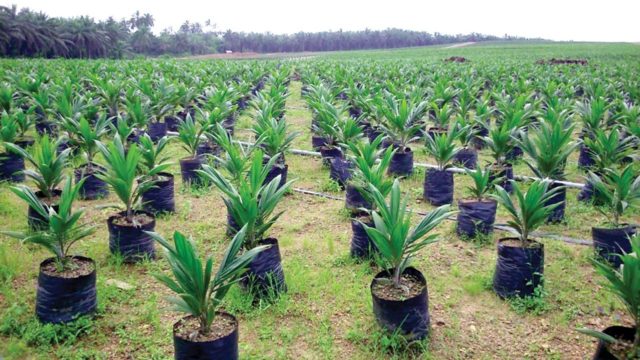
This is a good work and I will like to have some discussion with the author either through email or phone call or whatsapp because it seems I am intrested in melon farming. Thanks
Glad you like this article, feel free to ask anything.
This was helpful. Please do you know where I can get a good egusi peeling machine at a good price? Anticipating your response.
Thanks.
It should be around N80,000 – N100,000 (not too sure though) you can check jiji, alibaba or amazon
But plz, can I plant egusi in sacks?
You can contact me via This https://www.dailytipsfinder.com/contact-us/
This is helpful. Thanks
Good information thanks..but pls when u s the right time to start buying egusi to store..
Thank you, The season start by August every year
Thank you so much,egusi business here I come
Can’t wait for ASSU and FG anymore
Thanks good information,but I want to ask you a question can we plant egusi and cassava together?
You are welcome, you can plant both but it’s advisable to plant ’em separately.